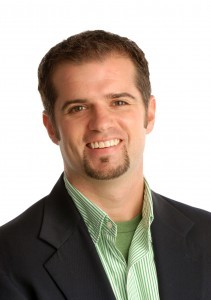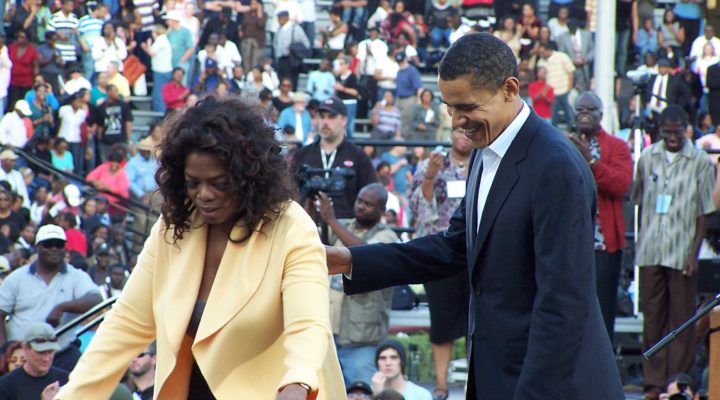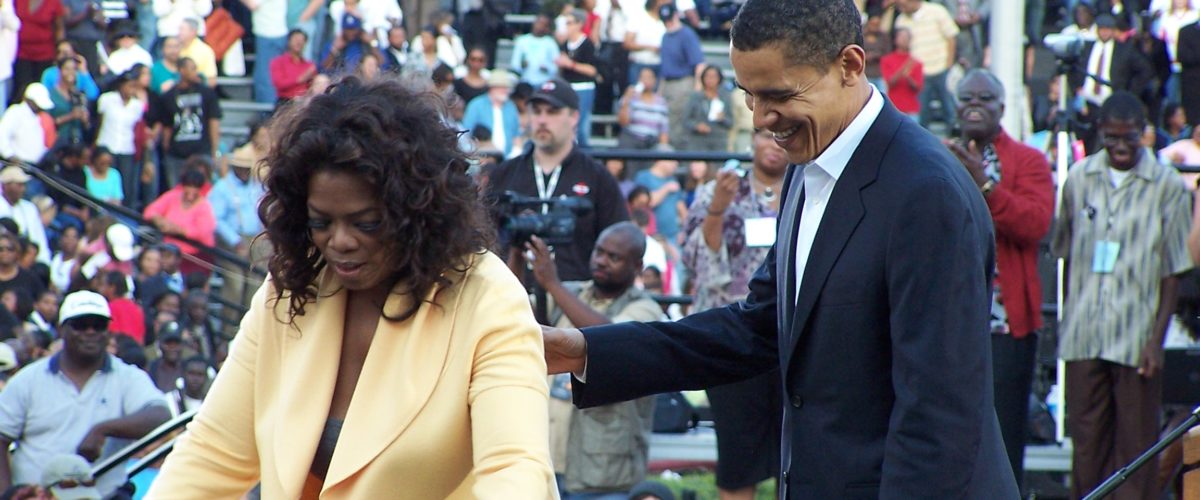A poll conducted to gauge the importance registered voters place on political endorsements may also offer subtle hints about the state of evangelical support for Donald Trump.
The Morning Consult survey, released March 15, sampled nearly 2,000 Americans to determine the sway that endorsements from politicians, celebrities, news organizations, special interest groups and religious leaders have on selecting political candidates.
Personalities ranged from the president, Mike Pence and television commentator Sean Hannity to Barack and Michelle Obama, Hillary Clinton, Bernie Sanders, Ellen DeGeneres and The Rock. Organizations included the NRA, local newspapers and political parties.
Voters were asked if they would be more or less likely to vote for a candidate based on an endorsement from those and other individuals and organizations.
An endorsement from former President Obama carried the most weight with Democratic voters, followed by Michelle Obama and the Democratic Party.
The Republican Party holds the most clout among Republicans, followed by Trump. Voters’ spouses ranked third and Vice President Mike Pence was fourth, Morning Consult found.
Religious voters shared much of the same preferences, but with a few twists.
Among evangelicals, 26 percent said they were “much more likely” to vote for a candidate endorsed by the president, and another 23 percent said they were “somewhat more likely” to do so. That 49-percent total compared to 33 percent combined for Catholics, according to the poll.
Politicians like Pence (46 percent) and even Barack (33 percent) and Michelle (32 percent) followed in importance for evangelicals. Oprah Winfrey, Joel Osteen, Bernie Sanders and Jerry Falwell, Jr. were next in descending order.
For some cultural observers, the lack of religious leaders at the top of such rankings is telling.

Alan Rudnick
“The ability of religious leaders to speak into the political lives of people has really waned,” said Alan Rudnick, a writer, speaker and American Baptist pastor in New York.
And the fact that Winfrey, Sanders and the Obamas are anywhere on evangelicals’ lists suggests some fracturing among conservative Christian voters, Rudnick said.
“Among evangelicals we are seeing more of a non-homogeneous voting bloc,” Rudnick said. “We are seeing the beginning of the fraying of this.”
Cameron Easley, a senior reporter with Morning Consult, said the lineup of religious figures chosen for the poll was not intended to be comprehensive. Those selected were chosen based their on high visibility.
Given the strength of white evangelical influence in the Republican Party, Easley said, “it made sense to test Falwell.” Pope Francis was another name tested “because he has such a high profile.”


